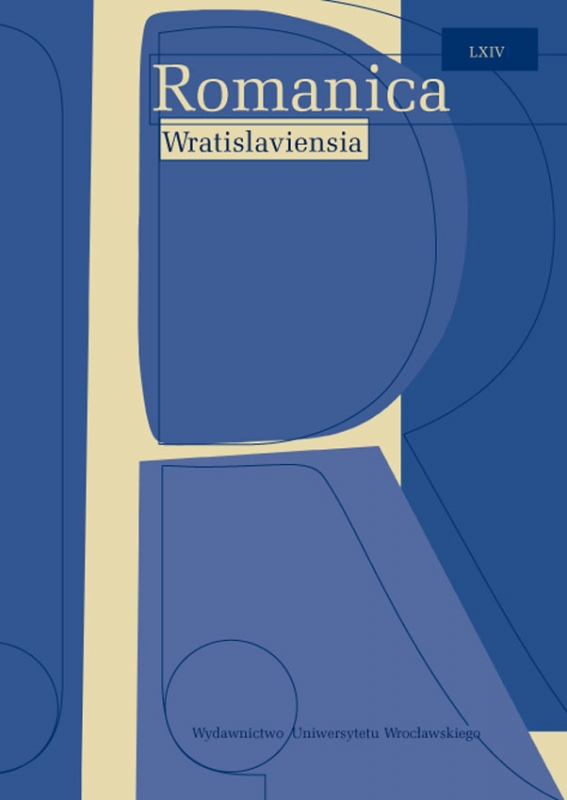

Artykuły

BETWEEN WORLDLY FRIENDSHIP AND LIBERTINAGE : FIGURES OF FRIENDSHIP IN CHARLES SOREL’S NOVELS
Friendship was an essential ferment in the advent of a new kind of sociability in the seventeenth-century France. The comic novel — and especially Sorel’s works— with its ambition to accurately portraiting the world, provides a unique vantage point for observing this phenomenon. Whether honest friendship is praised or mocked, Sorel offers various images of a link between the characters that is often tantamount to belonging to the same environment. As a criterion of social discrimination, friendship is shown in an ambivalent light: thus, Lysis is mocked by his friends because he does not control gallantry codes Berger extravagant. Yet, the purpose is not to denigrate a virtue regarded as fundamental in the social life. The reason why Neophile and Polyandre are friends yet love rivals Polyandre, just as are Francion and Cléandre Francion, is that narrative techniques shift the painting of friendship towards an aesthetic of varietas meant to make it plausible. Thus the characters embody different variations of the stereotype of worldly friendship, allowing the reader to question its role in the society of the time. This worldly aspect is complemented by Sorel with another one in which the society of friends constitutes a crucible for other values that are capable to transcend the artifice of the most commonly shared social codes to assert a libertine credo Francion.